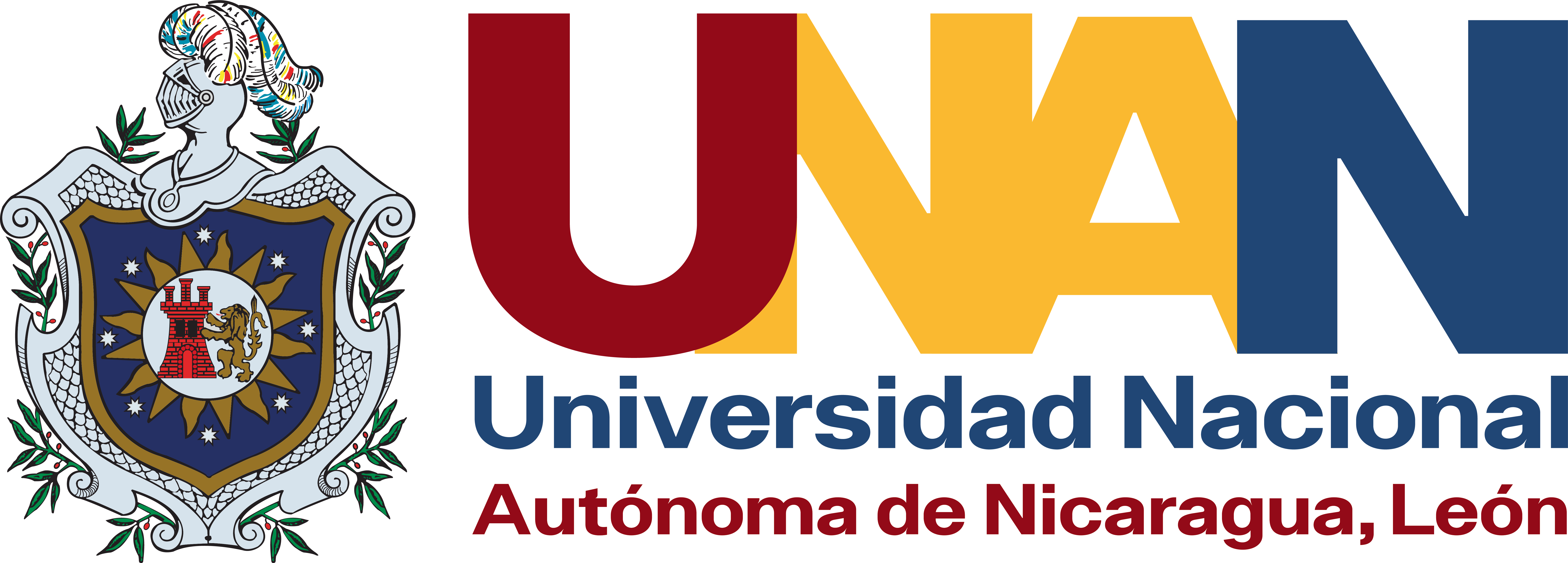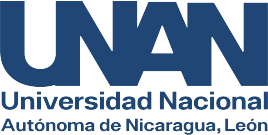Chemical Metrology I: Calibration of a pH meter and Quality Control
DOI:
https://doi.org/10.5377/universitas.v1i1.1627Keywords:
chemical metrology, PH meter calibration, Control charts in pH measurement, Quality control in pH measurement.Abstract
The main objective of this work is to establish a reliable methodology for the calibration of a pH meter using a pH calibrator and certified pH reference solutions. First, the pH meter calibration specifications declared by the manufacturer were verified, using a pH calibrator. The linearity of the potential response of the electrode for different pH was verified and the efficiency of the electrode was evaluated, finding a value of 98.39%. The calibration model was determined between the pH response of the instrument and the pH values established in certified reference solutions of pH 4.00, 7.00 and 10.00, finding a slope value equal to 1 and an intercept of 0, which indicates the good performance of the instrument. Finally, a repeatability study was carried out for 5 consecutive days using the Bartlett test to compare the precision of each series of results and ANOVA of one factor to compare the means of each day. Finally, the control charts for the pH of the certified reference solutions were prepared, in order to carry out quality control in routine measurements.
Downloads
References
Westcott, C., (1978), pH Measurements, N.Y, Academic Press, p.172.
Clescerl, L., Greenberg, A. y Eaton, A., (1998), Standard Methods for the Examination of Water and Wastewater, N.Y., American Publishing Health Association, 20th edition, p. 2-24, 2-26.
Midgley, D. and Torrance, K., (1978), Potentiometric Water Analysis, N.Y., John Wiley, p. 135, 147.
Ciganda, L. M, Electrodos para medir pH, XIII Seminario de Ing. Biomédica; (2004) Junio, Universidad de la República Oriental de Uruguay, facultad de Ciencias Médicas e Ingeniería, Montevideo, Uruguay.
Alarcon, A. L., Importancia de la medición de pH en suelo, [En Línea]; [Fecha de acceso 29 de marzo del 2007]; URL disponible en: http://mujer.terra.es/muj/articulo/html/mu24700.htm
Edmonson, R., (2002), Directrices para la salvaguardia del patrimonio documental, división de la sociedad de la información, UNESCo, Febrero, Edición Revisada.
Eurachem/Citac Guide, (2003), Treceability in Chemical Measurement, UK, Guía de Referencia, 1ra. Edición.
EA-04/14, (2003), "The Selection and Use of Reference Materials", guía de Referencia, European Cooperation for Acreditation.
Skoog, D. A., Holler, F. J. y Nieman, T. A., (2005), Análisis Instrumental, Madrid, McGraw Hill, 5ta. Edición, p.63.
ISO/IEC 17025, (2005), "Requisitos Generales para la Competencia de los Laboratorios de Ensayo y de Calibración", Norma Internacional, Ginebra, Segunda Edición.
Tacussel, (1993), Instrucción Manual, Villeurbanne, francia, Radiometer Analytical S.A.
Mathias, O., (1999), Chemometrics, Weinhein, Alemania, Wiley-VCH, p. 189.
Kimothi, S.K., (2000), The Uncertainty of Measurements, Wisconsin, USA, ASq quality Press, p. 59.
Souvay, P., (2002), Savoir Utiliser la Statistique, Paris, AFNOR, p 182.
Kutathmarmmakul, S., Massart, D. L.y Smeyers-Verbeke, J., (1999), "Comparison of alternative measurement methods", Analytica Chimica Acta, 391, 203-225. https://doi.org/10.1016/S0003-2670(99)00115-4
Zimmerman, Steven M., y Icenogle, Marjorie L., (2003), Statistical Quality Control Using Excel, USA, ASq quality, 2da. Edición, Press, p. 210, 315, 416.
Mullins, E., (1999), "Getting more for your laboratory control charts", Analyst, 124, 433-442. https://doi.org/10.1039/a808742c
Juran, J.M., (1988), Juran ́s Quality Control Handbook, 4ta. Edition, pag. AII.3.
Kateman, G. , Buydens, L., (1993), Quality Control in Analytical Chemistry, N.Y., John Wiley, p. 28.
Ishikawa, K., (1985), Guía de Control de Calidad, USA, UNIPUb, p. 59.
Wodsworth, H. M., Stephens, K. y Godfrey, A. B., (2005), Métodos de Control de Calidad, México, Compañía Editorial Continental, 1ra. Edición, p. 258.
Downloads
Published
How to Cite
Issue
Section
License
Copyright (c) 2007 National Autonomous University of Nicaragua

This work is licensed under a Creative Commons Attribution-NonCommercial-ShareAlike 4.0 International License.
Copyright © 2025 Universitas (León), Revista Cientifíca de la UNAN-León. Academic Direction. Research Department. Publication and Scientific Event Unit.










